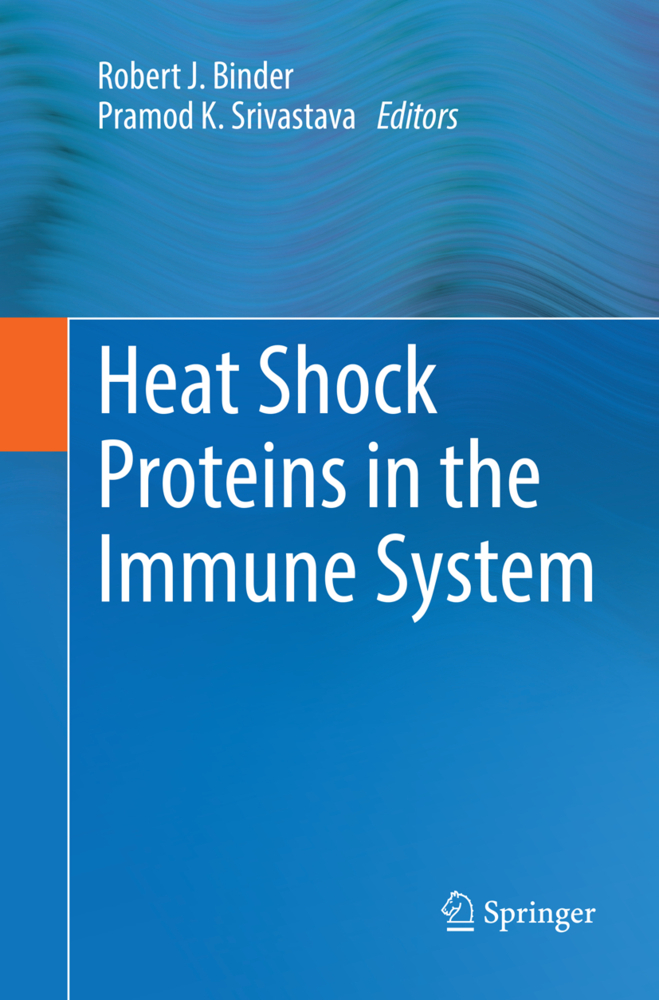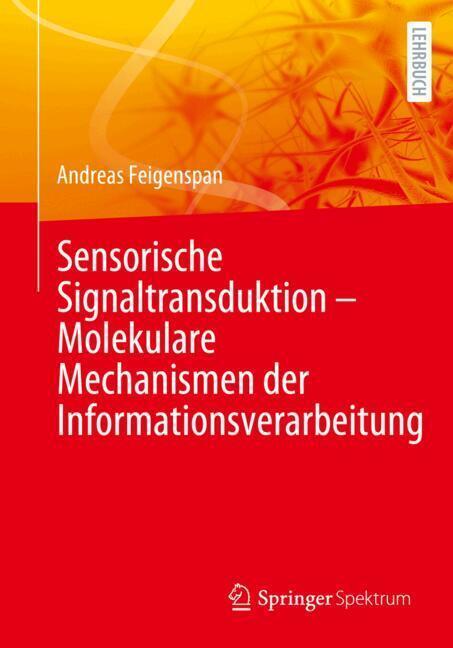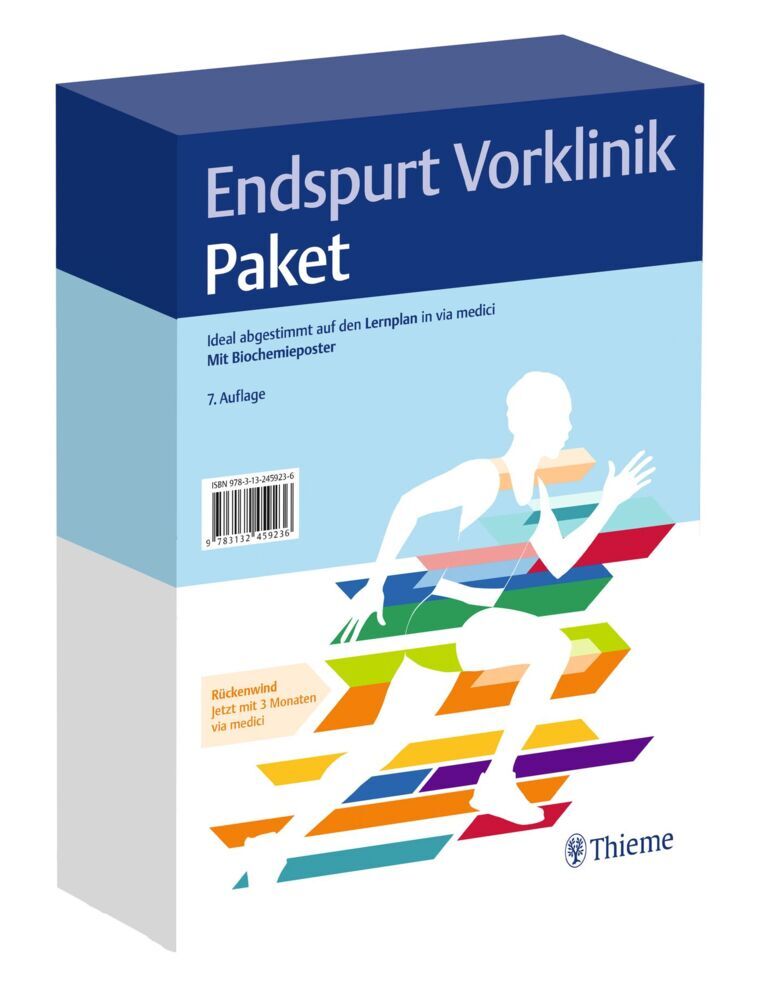Heat Shock Proteins in the Immune System
Heat Shock Proteins in the Immune System
Experts from around the world review the current field of the immunobiology of heat shock proteins, and provide a comprehensive account of how these molecules are spearheading efforts in the understanding of various pathways of the immune system. This one-stop resource contains numerous images to both help illustrate the research on heat shock proteins, and better clarify the field for the non-expert. Heat shock proteins (HSPs) were discovered in 1962 and were quickly recognized for their role in protecting cells from stress. Twenty years later, the immunogenicity of a select few HSPs was described, and for the past 30 years, these findings have been applied to numerous branches of immunology, including tumor immunology and immunosurveillance, immunotherapy, etiology of autoimmunity, immunotherapy of infectious diseases, and expression of innate receptors. While HSPs can be used to manipulate immune responses by exogenous administration, they appear to be involved in initiation of de novo immune responses to cancer and likely in the maintenance of immune homeostasis.
Chapter 1: Hsp70-subsrate interactions
Chapter 2: Molecular Chaperone Inhibitors
Part II: Exposure of HSPs to immune cells
Chapter 3: Extracellular Heat Shock Proteins as Stress Communication Signals
Part III: Regulation of immune responses by extracellular HSPs
Chapter 4: The Heat Shock Protein-CD91 pathway and Tumor Immuno-surveillance
Chapter 5: Bridging the gaps in the vaccine development: Avant-garde vaccine approach with secreted heat shock protein gp96-Ig
Chapter 6: Regulation of the Extracellular Matrix by Heat Shock Proteins and Molecular Chaperones
Chapter 7: Heat shock protein mediated T cell responses in pathogen infections
Chapter 8: An ancestral immune surveillance system in the amphibian Xenopus connecting certain heat shock proteins with classical and nonclassical MHC class I molecules
Chapter 9: Inhibition of HSPs for Enhanced Immunity.
Introduction and history
Part I: Structure of the HSPs in relation to chaperoning peptides and proteinsChapter 1: Hsp70-subsrate interactions
Chapter 2: Molecular Chaperone Inhibitors
Part II: Exposure of HSPs to immune cells
Chapter 3: Extracellular Heat Shock Proteins as Stress Communication Signals
Part III: Regulation of immune responses by extracellular HSPs
Chapter 4: The Heat Shock Protein-CD91 pathway and Tumor Immuno-surveillance
Chapter 5: Bridging the gaps in the vaccine development: Avant-garde vaccine approach with secreted heat shock protein gp96-Ig
Chapter 6: Regulation of the Extracellular Matrix by Heat Shock Proteins and Molecular Chaperones
Chapter 7: Heat shock protein mediated T cell responses in pathogen infections
Chapter 8: An ancestral immune surveillance system in the amphibian Xenopus connecting certain heat shock proteins with classical and nonclassical MHC class I molecules
Chapter 9: Inhibition of HSPs for Enhanced Immunity.
Binder, Robert J.
Srivastava, Pramod K.
| ISBN | 978-3-030-09862-9 |
|---|---|
| Artikelnummer | 9783030098629 |
| Medientyp | Buch |
| Copyrightjahr | 2018 |
| Verlag | Springer, Berlin |
| Umfang | X, 185 Seiten |
| Abbildungen | X, 185 p. 22 illus., 20 illus. in color. |
| Sprache | Englisch |










